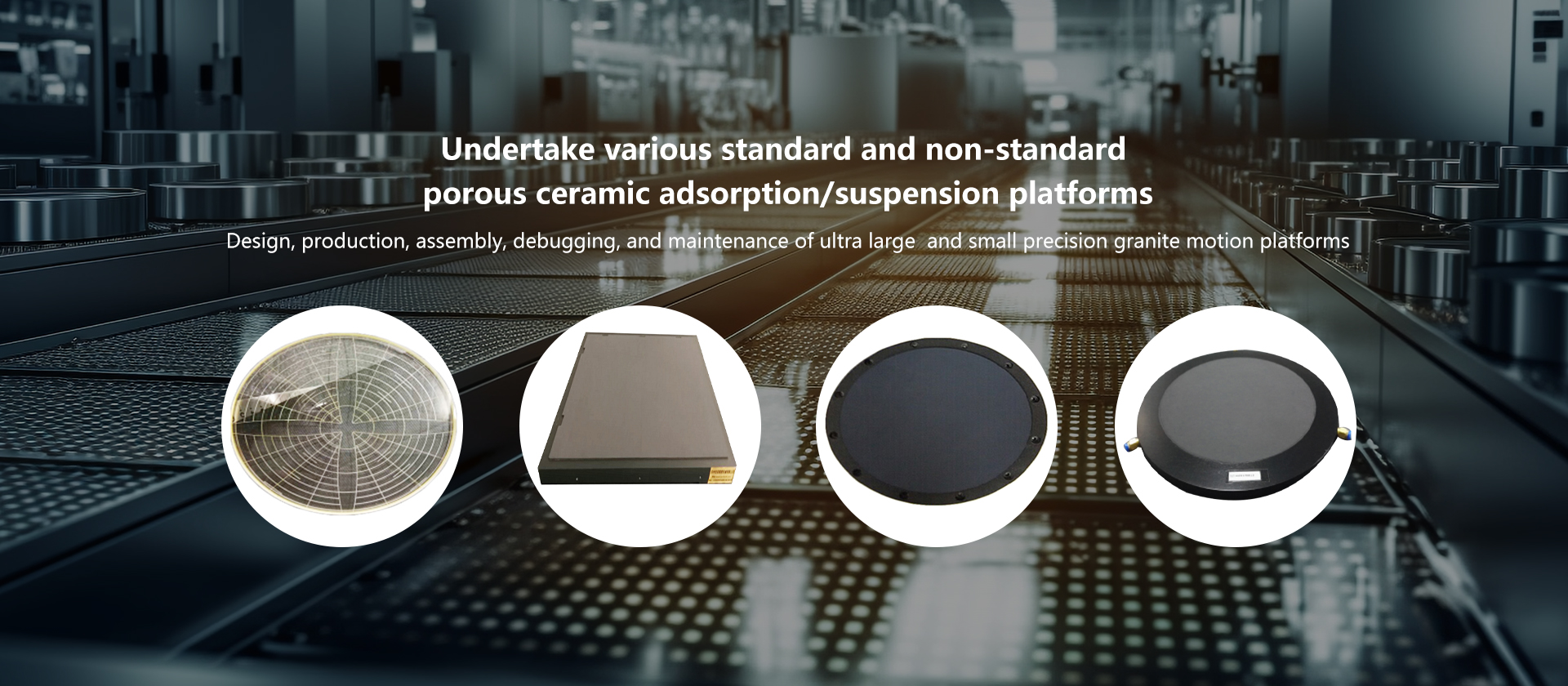1) General ceramics (household ceramics)
Ordinary ceramics refer to clay ceramics, which are fired in the ratio of clay, feldspar and quartz, and their properties depend on the purity, particle size and proportion of the three raw materials. Generally, the texture is hard, corrosion-resistant, non-oxidation, non-conductive, can withstand a certain high temperature and good processing formability.
In industry, ordinary ceramics are mainly used for electroporcelain for insulation, chemical ceramics with high acid and alkali requirements, porcelain for structural parts with low bearing requirements, such as insulators, corrosion-resistant containers, pipes and decorative porcelain and tableware in daily life. The commonly used molding methods are mold forming methods such as sintering and casting molding.
2) Special ceramics
Special ceramics are common zirconia alumina, silicon nitride, silicon carbide and other ceramics, stable performance, higher strength than household ceramics, high precision requirements, often used in aerospace, automotive electronics, photovoltaics and other technical industries.
The above content comes from the Internet, if there is infringement, contact to delete.












